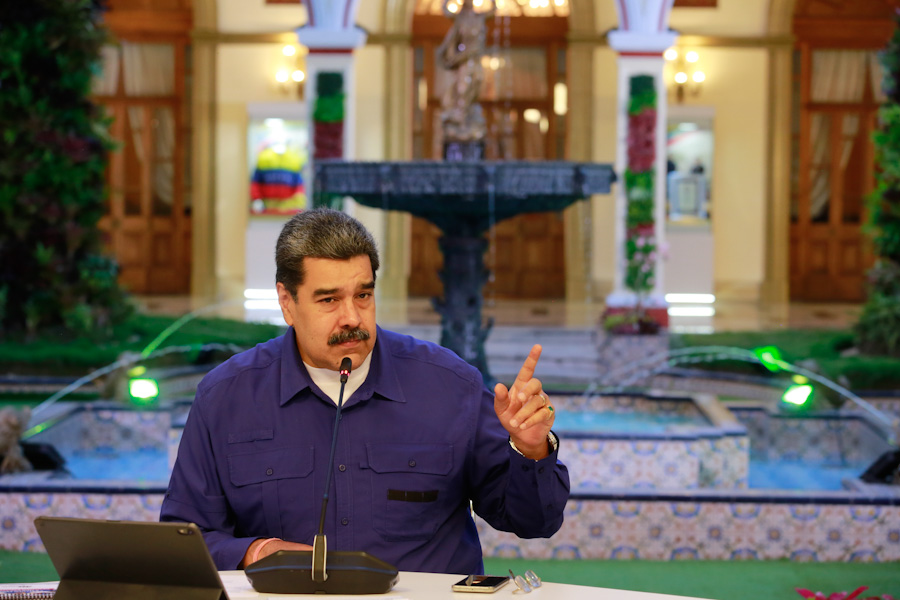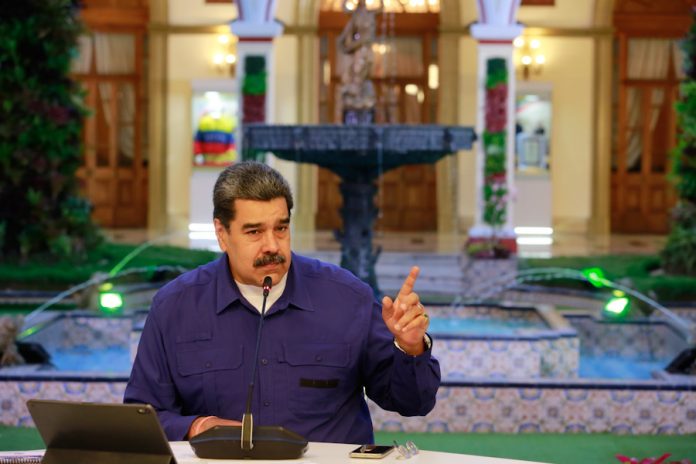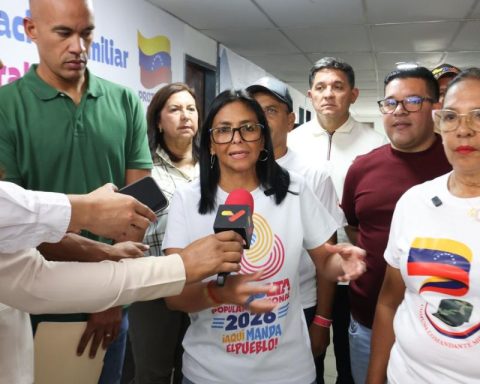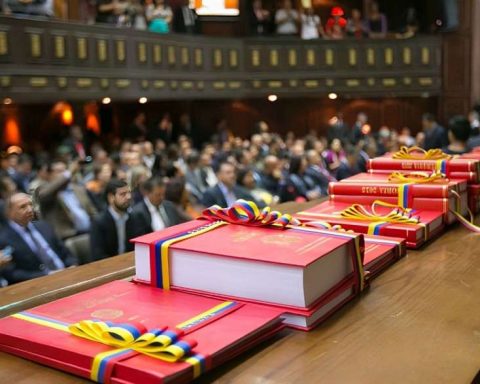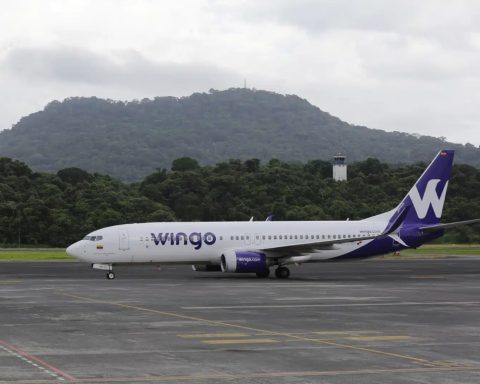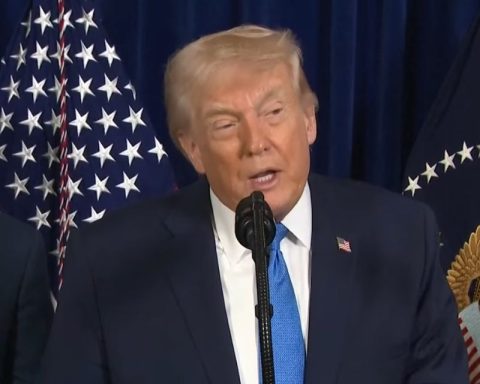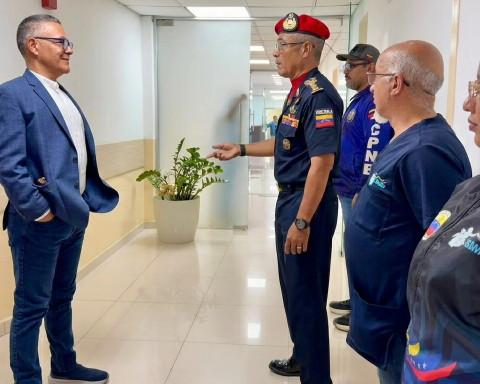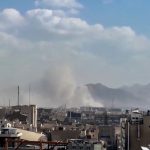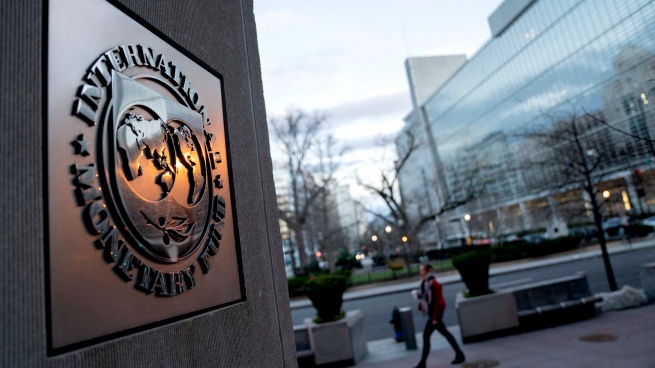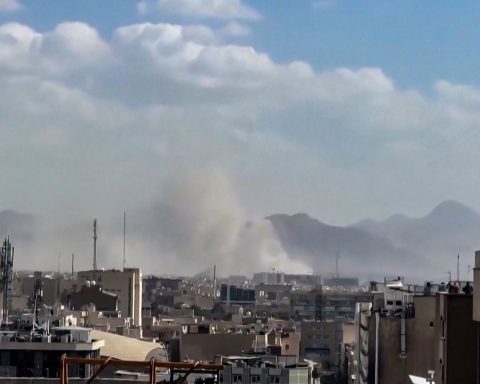The announcement made this Wednesday by Nicolás Maduro about the sale of a percentage of the shares of public companies It seems to go against the socialist model that is proclaimed in its government model and that was responsible for the expropriations of many of these companies. And for which, experts point to it as a proposal of uncertainty.
According to the announcement made by Maduro himself on Monday, the government intends to offer 5% to 10% stakes in companies ranging from phone and internet service providers to a petrochemical producer. However, the question is: who will dare to make an investment of this type given the years of negligence and mismanagement that these companies have suffered?.
Uncertainties around the announcement
Added to these uncertainties, the agency points out, there is the lack of details provided by the government about the sale, including what price it is seeking for the companies’ shares and what stock market they might be listed on. Some speculate that the move could be a first step toward returning the companies to private hands.
Among the few details that Maduro gave, one of the companies is Cantv and its subsidiary Movilnet, the petrochemical producer Petrochemicals of Venezuela and a conglomerate focused on the mining sector.
It should be noted that this offer made by Maduro takes place in a context of total uncertainty, under a policy of persecution and cornering of the private sector, in a country with constant failures in public services and a political, economic and social crisis that remains in force.
“We are certainly seeing a paradigm shift that is largely forced by circumstances but also largely driven by political survival,” said Luis Prato, senior economist at firm Torino Capital. “Since June 2014, with this significant drop in oil prices, the Maduro administration began to see a drop in oil revenues. Then, we went through a period from 2014 to 2019 of price control, of a more intervening state.
It required?
For its part, Henkel Garcia, director of the firm Econometrica, assured that to achieve a successful result, companies require significant investments to improve the quality of their services. He noted that services were better before they were nationalized.
However, he warned that the country lacks a mechanism to supervise the accounting procedures and financial information of companies. For this reason, he considered it impossible to guarantee that private investment in state companies is used properly.
“If this really is the beginning of the total sale or the total delivery of these companies, which for me is a probable scenario, one would have to ask who would they be delivered to? This is because we have episodes like the Russian one, in which these companies that once belonged to the state ended up in the hands of people close to the government,” Henkel said. “So, it’s a complex phenomenon that you could say opens the door to something positive, but with the institutional weakness that we have and the lack of credible referees, well, it might not end in the best way,” he said.
